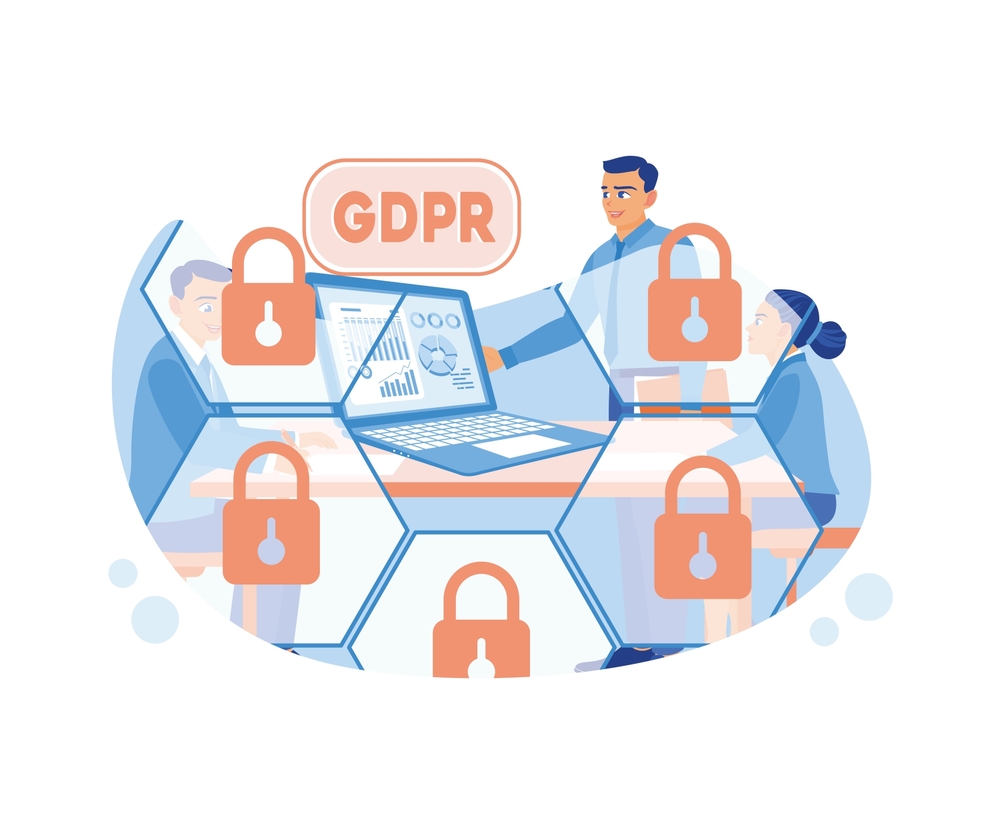Data Security for Data Engineers: Best Practices and Strategies
Data Security for Data Engineers: Data Security for Data Engineers: As data engineers play a crucial role in managing and processing data, ensuring robust data security is essential to protect sensitive information and maintain system integrity. This guide provides an overview of best practices and strategies for data engineers to enhance data security.
Why Data Security is Critical for Data Engineers
1. Protecting Sensitive Data
Description: Data engineers often handle sensitive and critical data, including personal information, financial records, and proprietary business data. Securing this data is vital to prevent unauthorized access and potential breaches.
Risks:
- Data Breaches: Unauthorized access to sensitive data can lead to significant security incidents.
- Compliance Issues: Failure to secure data may result in non-compliance with regulations.
Benefits of Strong Data Security:
- Data Protection: Ensures that sensitive data remains confidential and secure.
- Regulatory Compliance: Helps meet legal and industry-specific data protection requirements.
2. Preventing Data Loss
Description: Data loss can occur due to various reasons, including system failures, human errors, or cyber-attacks. Implementing effective security measures helps mitigate the risk of data loss and ensures data recovery.
Risks:
- System Failures: Hardware or software malfunctions can lead to data loss.
- Cyber Attacks: Attacks like ransomware can result in data encryption or destruction.
Benefits of Prevention:
- Data Integrity: Maintains the accuracy and availability of data.
- Business Continuity: Minimizes disruptions and supports quick recovery from data loss incidents.
3. Securing Data Pipelines
Description: Data pipelines are essential for transferring and processing data. Securing these pipelines is crucial to protect data during transit and prevent unauthorized access.
Risks:
- Interception: Data in transit can be intercepted by malicious actors.
- Tampering: Data integrity may be compromised if pipelines are not secured.
Benefits of Security Measures:
- Data Integrity: Ensures that data remains unaltered and accurate during processing.
- Confidentiality: Protects data from being accessed or intercepted during transit.
Best Practices for Data Security in Data Engineering
1. Implement Encryption
Description: Encryption is a fundamental security measure that protects data both at rest and in transit. It ensures that unauthorized individuals cannot access or decipher sensitive information.
Best Practices: Data Security for Data Engineers
- Encrypt Data at Rest: Use encryption algorithms to protect stored data.
- Encrypt Data in Transit: Employ secure protocols (e.g., TLS/SSL) to safeguard data during transmission.
2. Enforce Access Controls
Description: Access controls help regulate who can access and modify data. Implementing strict access controls ensures that only authorized personnel have access to sensitive data.
Best Practices: Data Security for Data Engineers
- Role-Based Access Control (RBAC): Assign permissions based on user roles and responsibilities.
- Least Privilege Principle: Grant users the minimum level of access necessary for their tasks.

3. Monitor and Audit Data Access
Description: Regular monitoring and auditing of data access help detect and respond to suspicious activities and potential security breaches.
Best Practices: Data Security for Data Engineers
- Implement Logging: Record access and modification events for auditing purposes.
- Conduct Regular Audits: Review access logs and audit trails to identify anomalies or unauthorized access.
4. Secure Data Storage
Description: Data storage solutions must be secured to prevent unauthorized access and ensure data protection.
Best Practices:
- Use Secure Storage Solutions: Choose storage providers with strong security measures.
- Regular Backups: Perform regular backups to ensure data recovery in case of loss.
5. Stay Updated with Security Patches
Description: Keeping systems and applications updated with the latest security patches helps protect against known vulnerabilities and exploits.
Best Practices: Data Security for Data Engineers
- Automate Updates: Configure systems to automatically install security patches.
- Regularly Check for Updates: Manually review and apply updates as needed.
Tools and Technologies for Data Security
1. Data Encryption Tools
Description: Encryption tools help protect data by converting it into a secure format that is only accessible with the correct decryption key.
Examples:
- VeraCrypt: An open-source disk encryption tool.
- AWS Key Management Service (KMS): A managed service for creating and controlling encryption keys.
2. Access Management Solutions
Description: Access management solutions help enforce access controls and ensure that only authorized users can access sensitive data.
Examples:
- Okta: A cloud-based identity and access management service.
- Microsoft Azure Active Directory: A service for managing user identities and access.
3. Monitoring and Auditing Tools
Description: Monitoring and auditing tools provide visibility into data access and help detect potential security incidents.
Examples:
- Splunk: A platform for monitoring and analyzing machine-generated data.
- Elastic Security: A solution for threat detection and response.
Conclusion
Data Security for Data Engineers: Data security is a critical aspect of data engineering, given the sensitivity and importance of the data handled. By implementing best practices such as encryption, access controls, and regular monitoring, data engineers can effectively protect data and maintain system integrity. Prioritizing data security ensures the confidentiality, integrity, and availability of valuable information.
For more information on IT services and data security solutions, visit NABCO IT Services.
Data Security for Data Engineers; For professional assistance with data security, contact us to ensure your organization is protected with the latest security measures.
Read more related articles to enhance your knowledge
What is Data Security? The Ultimate Guide
Why Data Security Matters: Protecting Your Information in a Digital World



